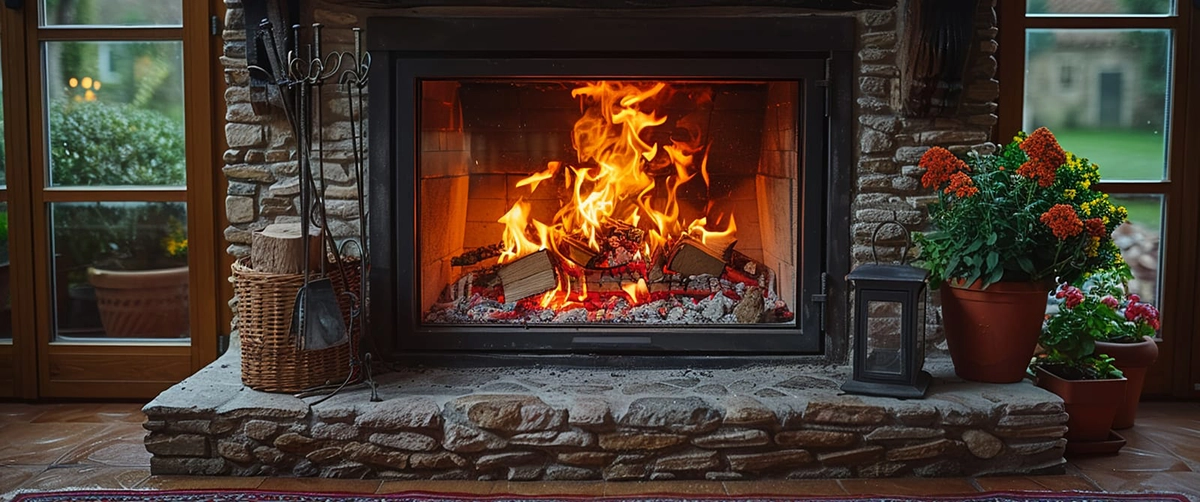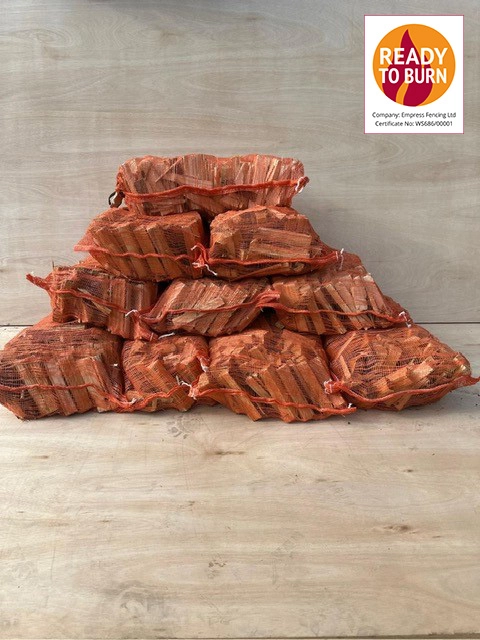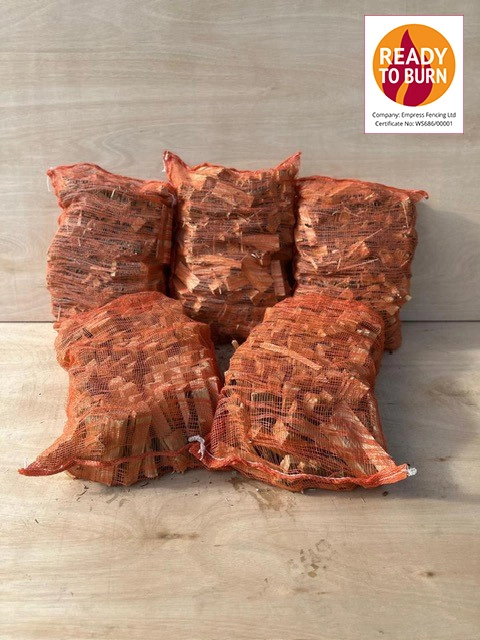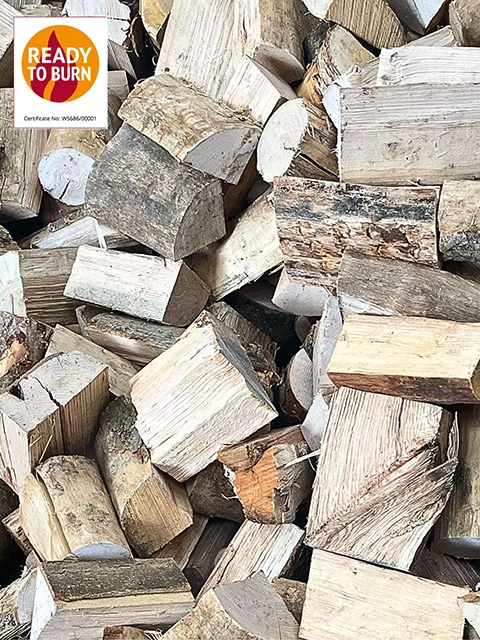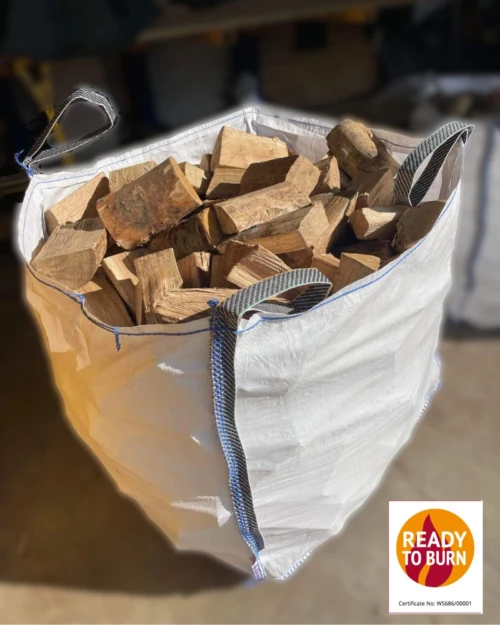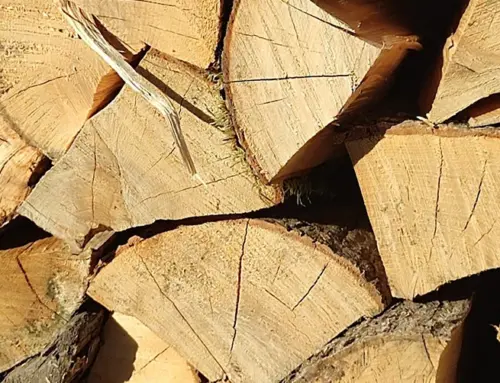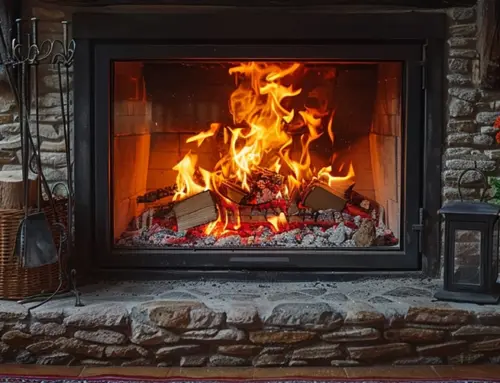With rising energy bills and growing concern for the environment, more UK households are turning to renewable heating options. But an important question comes up time and again: are kiln-dried logs carbon neutral? The short answer is yes, when sourced sustainably. Let’s explore why this is the case, what carbon neutral really means, and how kiln-dried logs compare with fossil fuels.
Introduction: The shift toward renewable heating and the carbon question
Home heating remains a major energy expense for many households, and the environmental impact of our choices is increasingly scrutinised. Kiln-dried logs offer a practical alternative to fossil fuels, combining ready-to-burn convenience with the potential for lower emissions. But to understand whether kiln-dried logs are truly carbon neutral, we need to unpack what carbon neutral means, how the drying process works, and what responsible sourcing looks like in practice. Throughout, we’ll reference common concerns such as Logs For Sale Clitheroe, Log Suppliers Near Me, and logs delivered to your door, because a straightforward supply chain matters for real-world eco-credentials.
What does carbon neutral mean?
A fuel is considered carbon neutral if the carbon dioxide (CO2) it releases when burned is balanced by the CO2 it absorbed during its growth. Trees naturally absorb carbon as they grow, and when logs are burned, that same carbon is released back into the atmosphere, completing the cycle. In other words, no new carbon is added to the atmosphere, unlike fossil fuels such as coal, gas, or oil. This short-term carbon balance is central to why many households see kiln-dried logs as a greener heating option, provided the supply chain operates responsibly.
Important nuances:
- Short-term vs. long-term balance: Kiln-dried logs rely on trees that have stored carbon recently. Fossil fuels release carbon that was locked away for millions of years, contributing to long-term increases in greenhouse gas levels.
- Balanced cycle: The key is ensuring that new trees are planted or forest management maintains growth so that the carbon stored in wood is continually replenished.
Why kiln-dried logs are different from fossil fuels
Fossil fuels release carbon that has been locked underground for millions of years, contributing to persistent rises in atmospheric CO2. Kiln-dried logs, however, release carbon that was recently absorbed from the atmosphere, making them part of the short-term natural carbon cycle. When harvested sustainably, the ongoing cycle means the burning of kiln-dried logs can be considered nearly carbon neutral, especially in comparison with the persistent emissions from fossil fuels.
Sustainably sourced firewood is recognised as a renewable, low-carbon heating source because it relies on a living carbon reservoir that is continually replenished through responsible forestry practices. The key is ensuring that the timber is harvested in a way that supports forest health and future growth.
The kiln-drying process and energy use
A common question is whether kiln drying itself makes logs less eco-friendly. After all, kilns use energy to speed up the drying process. The reality is that many reputable suppliers now use waste wood, sawdust, or renewable energy to power their kilns. This approach minimises additional carbon input and can even improve the overall efficiency of the drying process.
Kiln-dried logs have several practical benefits:
- Consistent moisture content, typically around 12% or lower, which promotes efficient combustion.
- Hotter, cleaner burns that produce less smoke and fewer harmful particulates.
- A reliable, ready-to-burn product that helps prevent damp storage issues and mould.
In the UK, ready-to-burn certification is often pursued by suppliers. This certification indicates compliance with government clean-air regulations, ensuring that the logs meet standards for moisture content, packaging, and labeling. While the drying process does require energy, the resulting product generally has a lower carbon footprint per unit of heat output compared with many other wood products and, of course, fossil fuels.
The environmental benefits of kiln-dried logs
Kiln-dried logs offer several environmental advantages when sourced responsibly:
- Efficient combustion: Kiln-dried logs burn hotter and longer, meaning you use fewer logs to achieve the same heat output.
- Reduced smoke and particulates: Cleaner burning reduces smoke, contributing to better air quality both inside and outside the home.
- Less chimney build-up: Lower soot and tar formation improves stove efficiency and reduces maintenance.
- Sustainably sourced: Responsible suppliers plant new trees and ensure harvests do not exceed growth rates, supporting forest resilience for future generations.
- Local and seasonal supply: When sourced locally, kiln-dried logs minimise transport emissions and support regional forestry economies.
Choosing sustainably sourced logs also supports timberland management that prioritises biodiversity, soil health, and ecosystem services. For households in regions with robust forestry practices, this makes kiln-dried logs an attractive, greener option for home heating.
Practical tips for choosing carbon-friendly kiln-dried logs
- Look for reputable suppliers who publish chain-of-custody or sustainability certifications. Certifications help verify that logging practices are sustainable and that replanting commitments are in place.
- Seek UK ready-to-burn certification and moisture content specifications to ensure your logs meet burn efficiency standards.
- Prefer suppliers who use waste wood or by-products for their kilns, reducing the environmental impact of the drying process.
- Consider local log suppliers to cut down on transport emissions and support local economies.
- Store logs properly in a dry, ventilated space to maintain quality and avoid mould, which can affect burn efficiency.
Real-world applications and regional considerations
In regions like the Ribble Valley and beyond, locally sourced, kiln-dried logs delivered to your door provide a convenient, eco-friendly heating option. Reputable log suppliers near you can offer a steady supply of ready-to-burn logs, with attention to sustainability and certification standards. When you choose a trusted supplier, you’re not just warming your home, you’re also supporting responsible forestry and cleaner air.
Proper storage and handling matter as well. Store logs in a dry, well-ventilated space, off the ground, and protected from rain. Use a log rack or shelving to improve air circulation, which helps maintain the wood’s quality and reduces the risk of mould or pests.
Are kiln-dried logs carbon neutral? The nuanced but optimistic view
The answer is nuanced but optimistic. When the logs are sourced sustainably and dried efficiently, they fit within a short-term carbon cycle that doesn’t increase atmospheric CO2 levels beyond what trees absorbed during growth. Kiln-dried logs offer efficient combustion, reduced smoke, and a smaller environmental footprint compared with fossil fuels, making them a compelling option for eco-conscious UK households.
If you’re considering a move toward renewable heating, kiln-dried logs present a practical and greener choice. Look for trusted log suppliers near you, check for ready-to-burn and sustainability certifications, and invest in properly stored, responsibly sourced logs. By choosing kiln-dried logs with a transparent supply chain, you’ll enjoy reliable warmth, improved air quality, and a healthier planet.
Kiln-dried logs can be a sustainable, low-carbon heating option when you prioritise responsible sourcing and efficient burning. The concept of carbon neutrality hinges on a balanced, short-term carbon cycle supported by sustainable forestry practices. Compared with fossil fuels, kiln-dried logs typically offer cleaner combustion, local economic benefits, and a smaller environmental footprint. To maximise the green potential, choose Logs for sale from reputable Log Suppliers Near Me, ensure logs are ready to burn, and favour suppliers who publish clear sustainability credentials. With careful selection and proper storage, kiln-dried logs not only keep homes warm but also support a healthier environment for generations to come. Logs delivered to your door may be convenient, but the true value lies in a transparent, responsible supply chain that upholds biodiversity, soil health, and local livelihoods. Are kiln-dried logs carbon neutral? When sourced sustainably, the short answer remains yes, with the caveat that responsible forestry and efficient drying are essential.F


